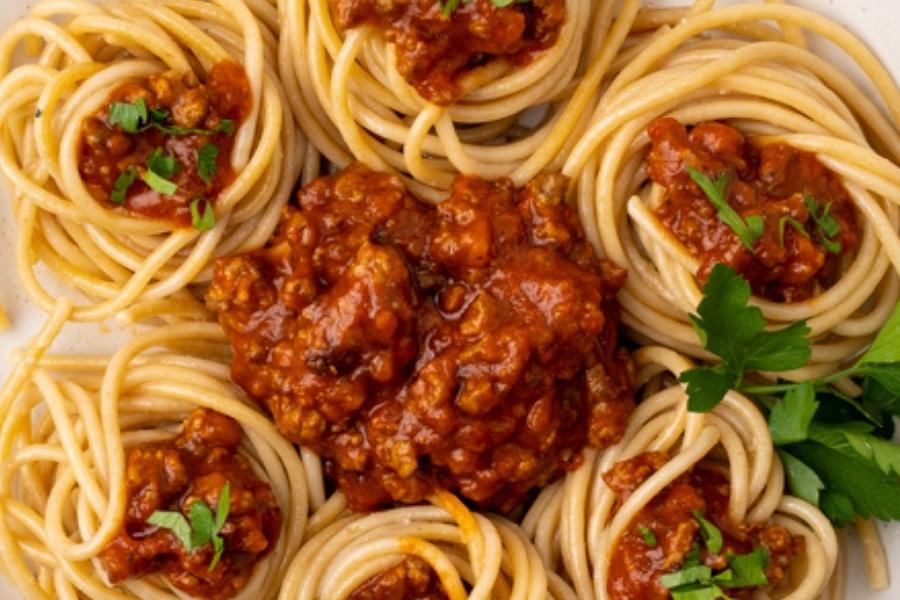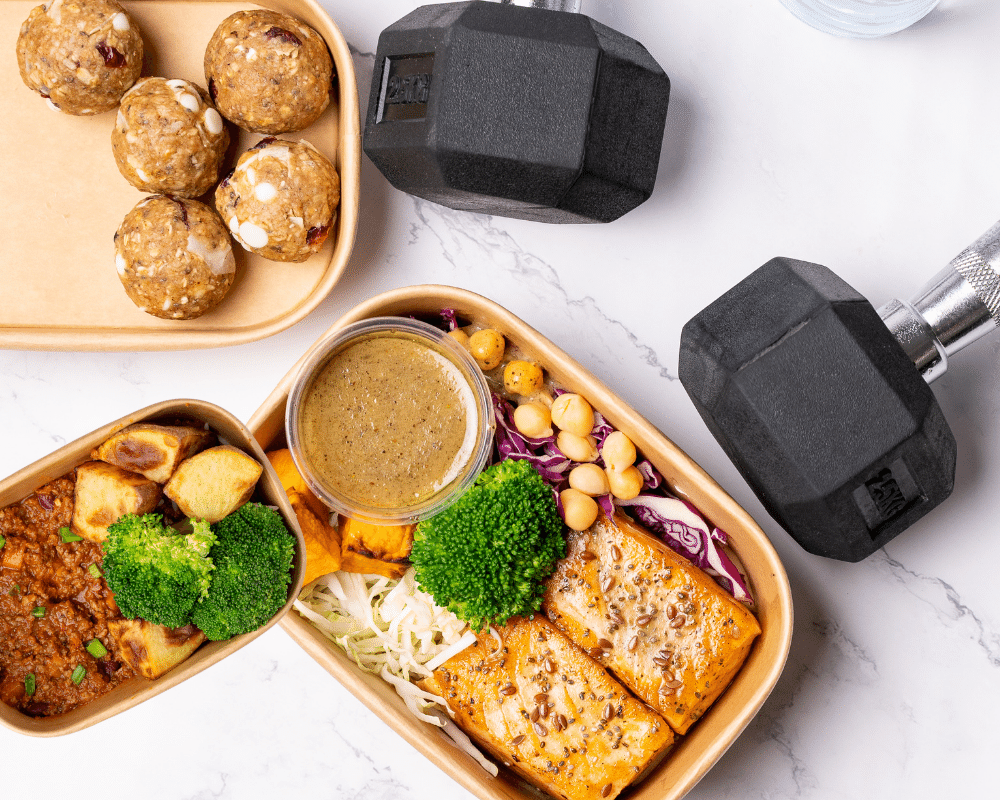Ramadan Nutritional Tips
Tips for nourishing your body in Ramadan 2024

Author: Alia Khalid
Nutritionist
During the sacred period of Ramadan, Muslims worldwide observe a month-long fast from dawn to sunset. This fast includes abstaining from all food and drink. Prior to beginning their fast at dawn, Muslims partake in a meal known as ‘suhoor’ or ‘sehri’. Upon sunset, they break their fast with a meal called ‘iftar’.
Maintaining good nutrition during this time is crucial for sustaining energy levels and overall well-being. Many people assume that Ramadan requires a special diet, but nutritional guidelines don’t differ a lot compared to other months. Below are some tips for achieving a healthy diet this Ramadan:
Stay hydrated:
Hydration is essential during Ramadan as our bodies cannot store water for prolonged periods of time.
- Water is the best hydrator: drink plenty of water during non-fasting hours.
- Include fluid-rich foods in your diet: food with a high water content can also provide hydration. Include foods such as fruits and vegetables, dairy products, and soups in your diet.
- Avoid heavily salted foods: high-sodium foods can stimulate thirst.
- Avoid caffeine: caffeine has a diuretic effect, meaning it encourages your body to produce more urine and in turn lose water.
Breaking your fast:
- Start with something simple: when you break your fast, you might find it easier on your digestive system to eat slowly. Start your iftar with something light such as dates, soups, or salads.
- Avoid overeating: portion size is important, try to eat mindfully and keep in tune with your body for satiety cues.
- Aim for a balanced meal: the goal is a balanced meal that includes a source of carbohydrates (pro tip: go wholegrain where you can!), a source of protein (such as lean meat, fish, eggs, or beans), and some fruits and vegetables.
Preparing for your fast:
- Include all food groups: a balanced meal is key in keeping your body satiated. Aim to include a source of the following:
- Whole grains such as whole grain bread, brown rice & oatmeal.
- Fruits and vegetables such as cucumbers, tomatoes, watermelon, strawberries…the choices are endless!
- Protein such as yogurt, milk & eggs.
- Healthy fat such as olives, nuts & seeds.
Exercise during Ramandan:
- Keep active: although fasting can be tiring, it is good to stay active and avoid staying sedentary.
- Avoid vigorous exercise during the day to avoid dehydration or exhaustion: while fasting opt for a walk or some stretches, keep more strenuous exercises until after you break your fast. Most importantly, listen to your body!
As you embark on your journey through Ramadan, remember that nourishing your body is just as important as nourishing your soul. By following these essential nutritional tips, you can support your health and well-being throughout the fasting period.
Looking for balanced meal options for iftar or suhoor? Leave your nutritional needs to us, order now!






